Education
EdTech Summit Calls for AI That Supports Rather Than Replaces Human Thinking
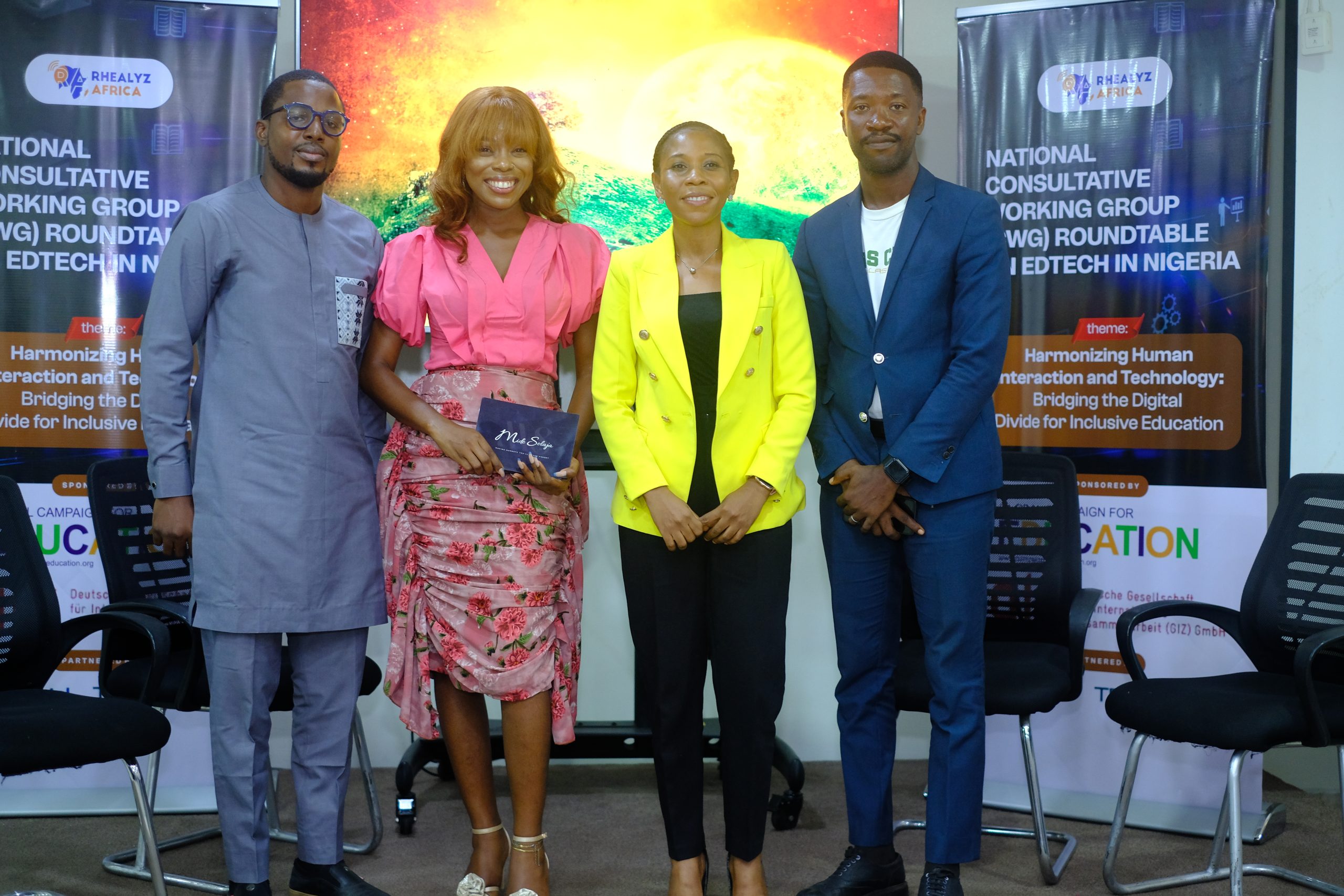
- /home/ariseafr/public_html/wp-content/plugins/mvp-social-buttons/mvp-social-buttons.php on line 27
https://ariseafricanews.com/wp-content/uploads/2025/03/DSCF5434-1000x600.jpg&description=EdTech Summit Calls for AI That Supports Rather Than Replaces Human Thinking', 'pinterestShare', 'width=750,height=350'); return false;" title="Pin This Post">
- Share
- Tweet /home/ariseafr/public_html/wp-content/plugins/mvp-social-buttons/mvp-social-buttons.php on line 72
https://ariseafricanews.com/wp-content/uploads/2025/03/DSCF5434-1000x600.jpg&description=EdTech Summit Calls for AI That Supports Rather Than Replaces Human Thinking', 'pinterestShare', 'width=750,height=350'); return false;" title="Pin This Post">
Education technology experts and policy makers have emphasised the urgent need to strike a balance between digital innovation and human influence in learning spaces, warning against over-reliance on artificial intelligence (AI) in education.
The call was made at the National Consultative Working Group (CWG) Roundtable on EdTech, held during the week in Lagos with the theme: “Harmonizing Human Interaction and Technology: Bridging the Digital Divide for Inclusive Education.”The event, organised by Rhealyz Africa in collaboration with GIZ (German Corporation for International Cooperation), the Global Campaign for Education, Tech4Dev, and TechSocietal, brought together policymakers, educators, civil society organizations, startups, and youth representatives to develop actionable recommendations for integrating technology into education sustainably.
Why this programme now?
In an interview with journalists, Ireti Adesida, Founder and Director-General of Rhealyz Africa, explained the motivation behind the initiative: “Well, the essence of it is that we are now in the technological age. It’s about technology — technology, technology. What we are trying to look at is how we can ensure there’s a balance in terms of human influence or interference and technology.”
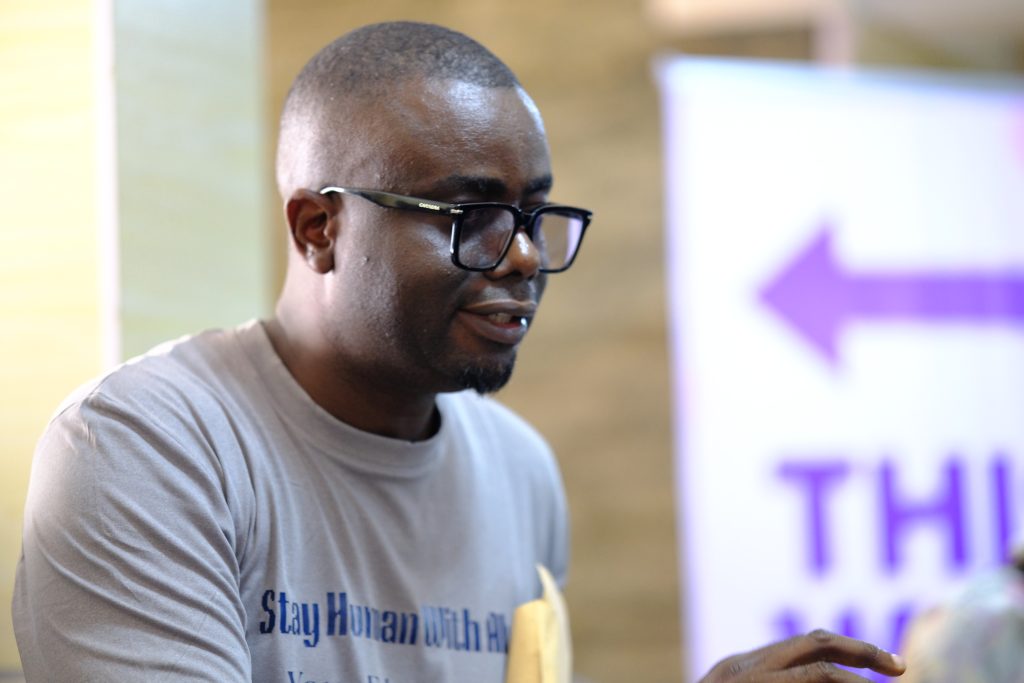
Dr Adesida
Mr Adesida noted that while AI and digital tools offer immense benefits, their unchecked use poses risks, particularly in education, where students may become overly dependent on technology at the expense of critical thinking.
“Within the educational space, we’re discovering that people are not even thinking anymore. Everybody is relying on AI. So our brain should also work. If not, we keep sleeping. And for how long are we going to rely on AI?”He stressed the need for policies that ensure technology enhances, rather than replaces, human intellect, while also addressing accessibility for marginalised communities.
“What works in Ikoyi might not work somewhere far in a rural community. How can we also develop structures that work across every community?”
EdTech as a lifeline: Lessons from COVID-19 Moronke Azeez, Executive Secretary of the Lagos State Technical and Vocational Education Board (LASTVEB), highlighted how EdTech became indispensable during the COVID-19 pandemic, which left over 8,000 technical students idle.
“Many believed skills training could only take place in the classroom or workshop. But we couldn’t leave students idle. We introduced digital learning tools, and it changed the game.”
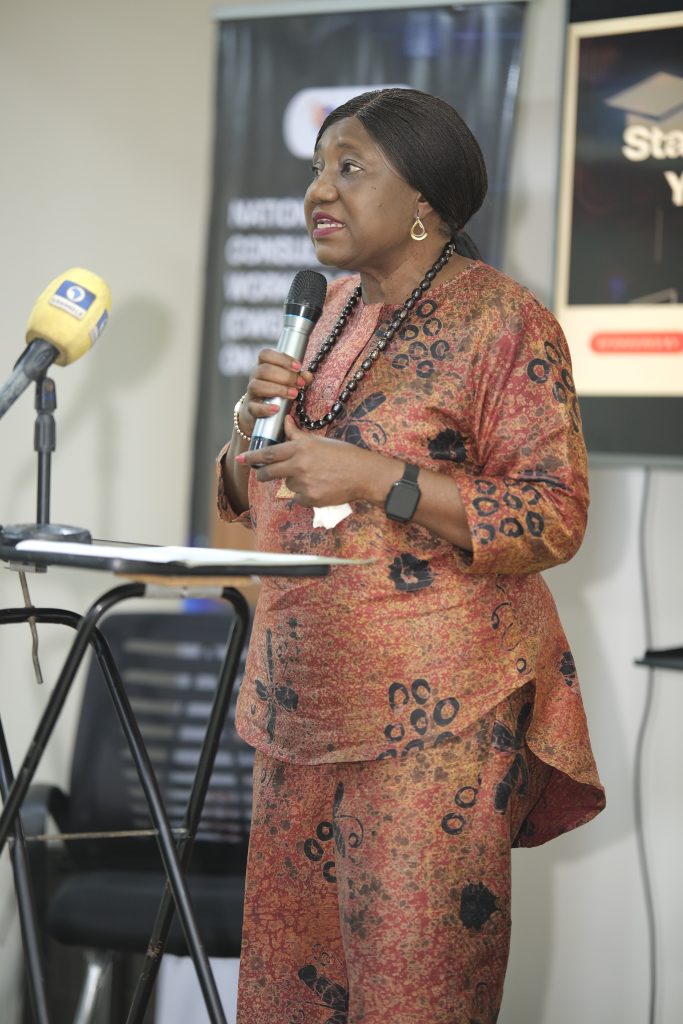
Since then, LASTVEB has implemented compulsory ICT classes, trained teachers on digital platforms like Google Classroom and Canva, and integrated robotics and AutoCAD into technical education to foster innovation. “We support students’ creativity by using robotics, enabling them to create projects and participate in competitions. These efforts have earned us both local and international recognition,” she said.
Mrs Azeez emphasised that technical education must evolve with industry demands, as modern workplaces increasingly rely on automation and digital tools. Inclusion and policy implementationAbatan Adedamola, Director at the Lagos State Ministry of Education, reiterated the government’s commitment to inclusive education.
“We have inclusive units in all our schools. We want a situation where, irrespective of your abilities or background, you are able to learn in a serene environment.” Beyond discussions, the roundtable aims to produce a policy document with recommendations for governments and global stakeholders. According to Mr Adesida: “The beauty of this project is that it’s a collaboration… The aim is to collate all the findings here and develop a policy document and recommendations that we will share with government and other stakeholders — both at the African and global level.”
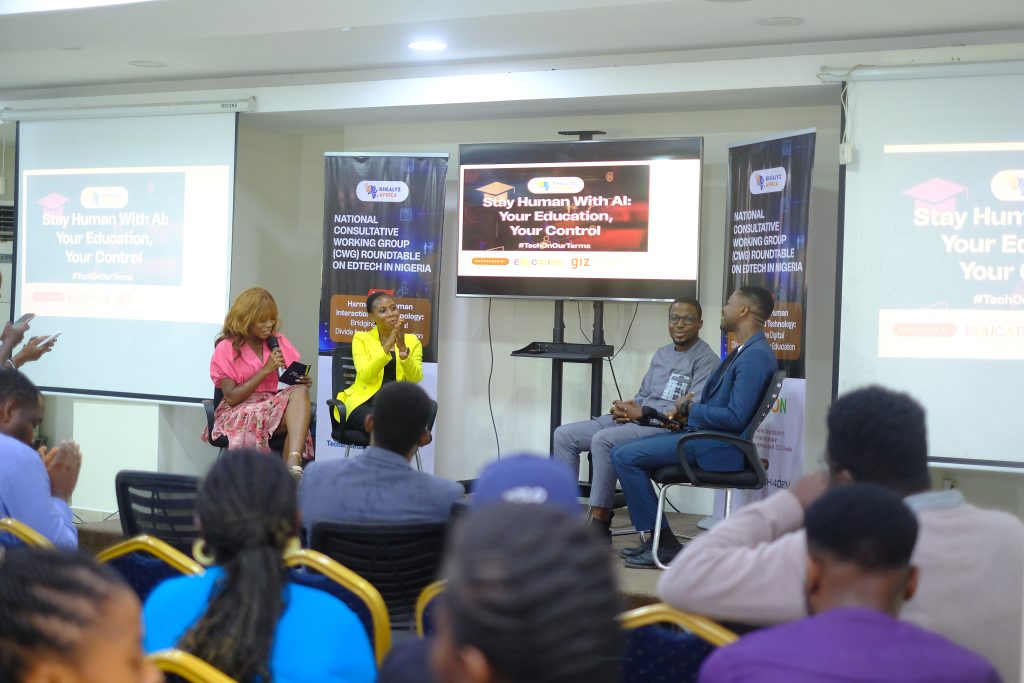
Additionally, a community of EdTech practitioners is being formed to sustain engagement beyond the event. “We can’t finish everything in just four hours. Four hours is not enough. So how can we also step it up and engage other communities? That’s why this is going to be a continued effort over time.”Attendee perspectives and key recommendations
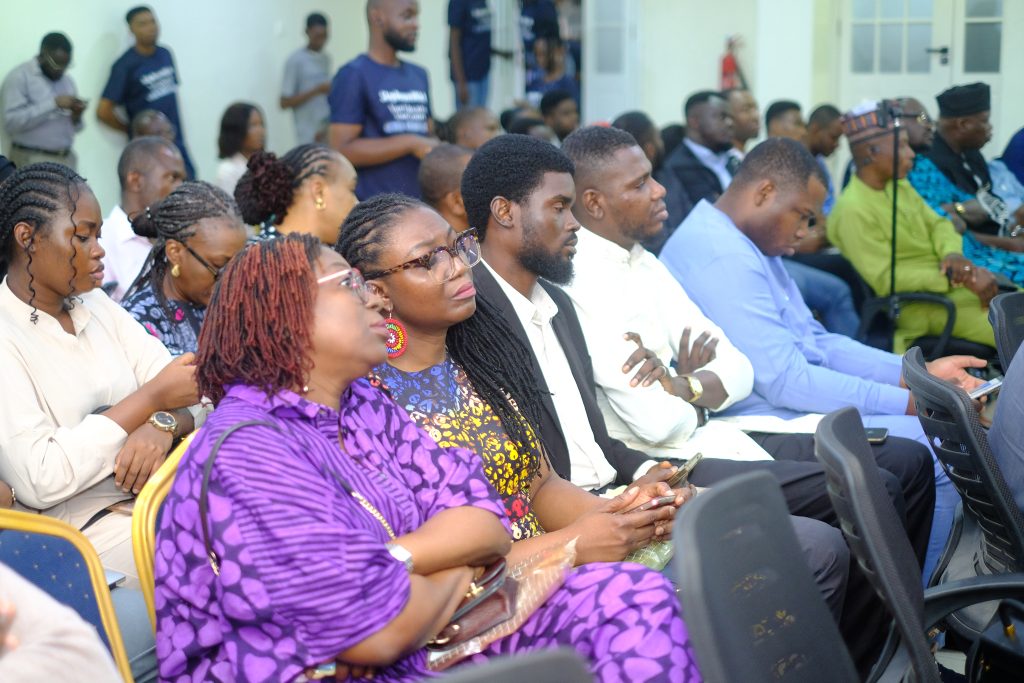
Participants, including educators and innovators, shared insights during breakout sessions. One attendee, Jimoh Rasheed highlighted the importance of culturally relevant EdTech solutions: “EdTech developers should contextualize their solutions to meet the needs, preferences, and abilities of the users… Solutions should be culturally-relevant and free from bias vis-a-vis religion, race, or ethnicity.”
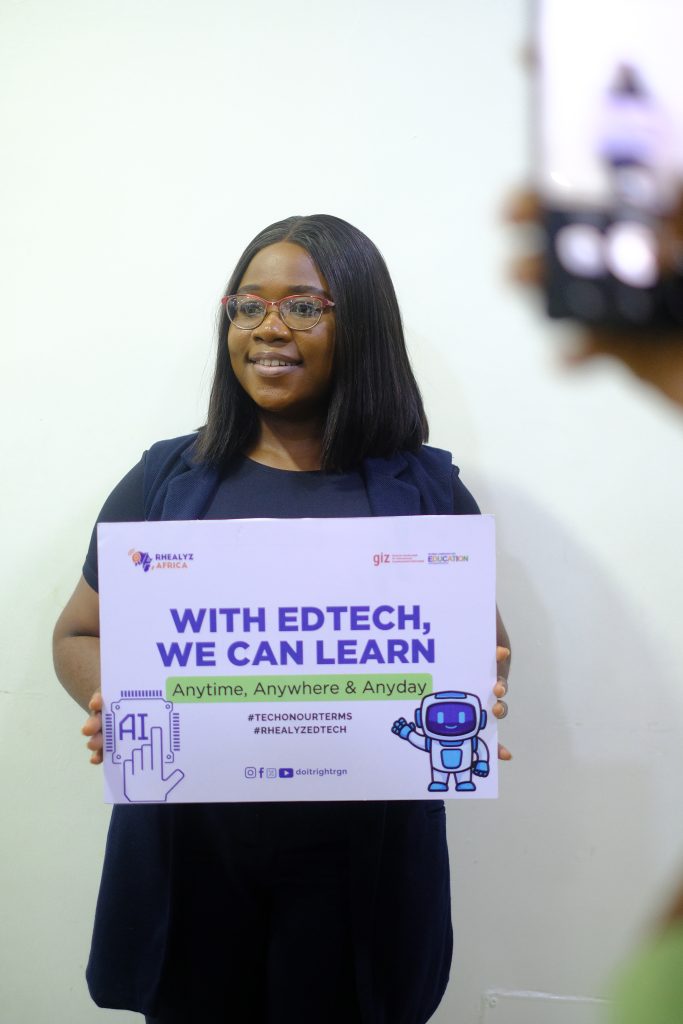
Other recommendations included: developing content in local languages to include marginalised students as well as ensuring affordability and accessibility of EdTech tools. Way forwardIt is expected the roundtable will help take crucial steps in shaping Nigeria’s—and Africa’s—EdTech future.
With a policy framework in development and a growing network of experts, the focus remains on harmonising technology with human ingenuity while ensuring no one is left behind.
The next phase includes a virtual edition to engage a broader audience across Africa, reinforcing the belief that development in education technology must be inclusive, sustainable, and human-centered.
“Even when we have AI, we should still remain human. We should also be able to control it, because that is very important.” Mr Adesida concluded.








